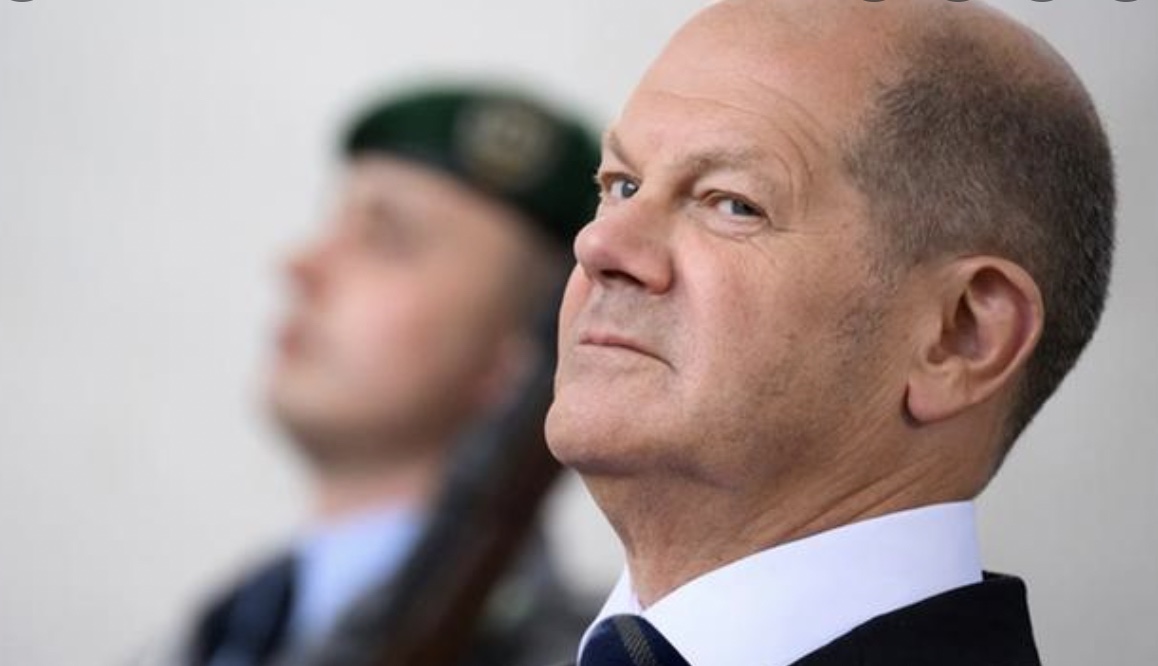War of energy and grain
(By Massimiliano D'Elia) In the end, Putin is probably succeeding in his crazy plan, which is not so crazy: to undermine the Western democracies that for years have rested on the conviction of a lasting peace guaranteed by NATO e United Nations. Less convincing, however, is the influence of theEuropean Union, an organization of states that is still very immature and the victim of internal contradictions, at the moment, apparently incurable. An increasingly weak Brussels is certified by the events of the last few hours.
Shortly after the start of the Ukrainian war, all 27 but above all the two strongest economies in the eurozone, Germany e France, seemed cohesive with the Commission's decisions on funding and arms supply to Kiev. The boldest decision was to launch a sumptuous aid package (9 billion euros) repayable by Kiev over 25 years and without interest (the funds would be covered by the “Eurobonds” put on the market, therefore guaranteed by the EU).
Today everything has changed. At the time, Putin had not yet used, in earnest, his most powerful weapons, those of energy supplies and wheat, weapons capable of conditioning real life, the economy and perhaps even the stability of entire government systems. Like ripe pears standing there, the Johnson government in England fell on the verge of falling while those ruled by Macron, Sholz and Draghi falter dangerously, prey to internal difficulties following the war (debate on sending weapons and support to Ukraine, growing and unsustainable inflation, increase in unemployment, forecast decrease in GDP, increase in migratory flows from Africa, diversified supply of gas and oil and famine issue in Africa, Asia and the Middle East following the blockade of Ukrainian wheat).
Germany, as Fubini wrote in Corsera for over a month, has therefore been blocking the 9 billion euro package of aid provided by the European Union to Ukraine. According to Zelensky, Germany, in addition to blocking EU funding, would be ready to violate some sanctions against Moscow in order to reactivate the regularity of the flow of Russian gas, through the North Stream.
The Minister of Finance of Berlin, Christian Lindner, in fact, he is opposed to Brussels having recourse to common European debt also for the Ukrainian crisis after having also done so for the pandemic.
Gazprom, due to technical problems due to the breakdown of a Siemens turbine, announced a first cut in supplies on Nord Stream by 60%, then a second up to 90% in the third week of July.
The turbine Siemens it was sent to Germany for repair but was never returned due to Russian sanctions on technology products. In the meantime, Siemens had to send the turbine to Canada which in turn held it back due to the same penalties.
The Minister of Economy Robert Habeck forcefully requested and obtained the return of the turbine: it is therefore not excluded that the turbine, in violation of the existing sanctions, could be sent back to Russia. Habeck publicly said: "In Germany we need Nord Stream's capacities to fill gas storage ".
